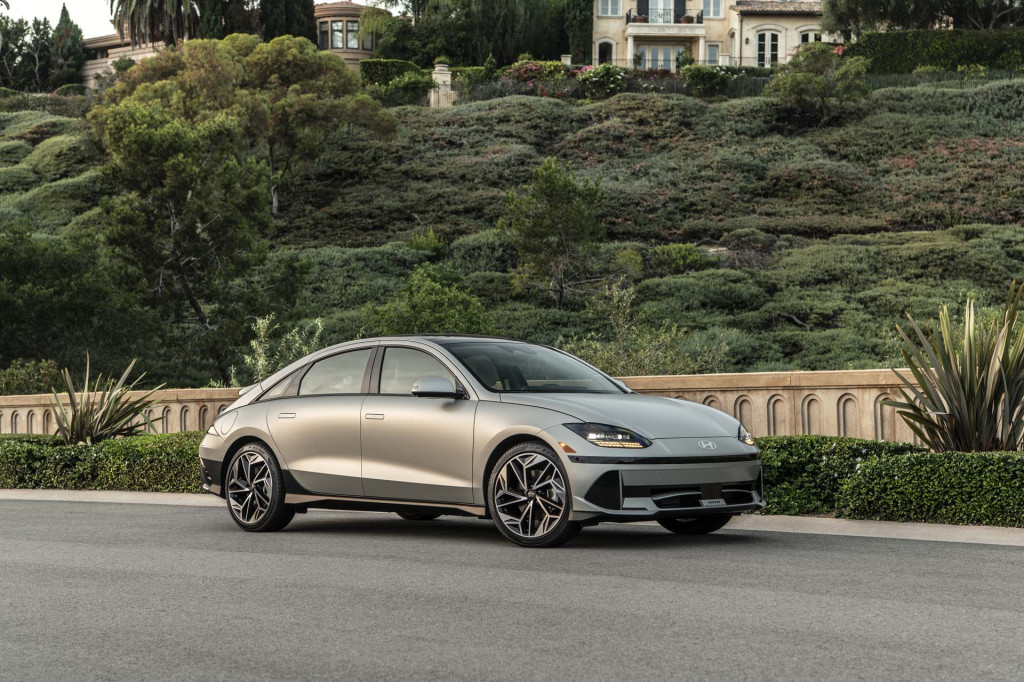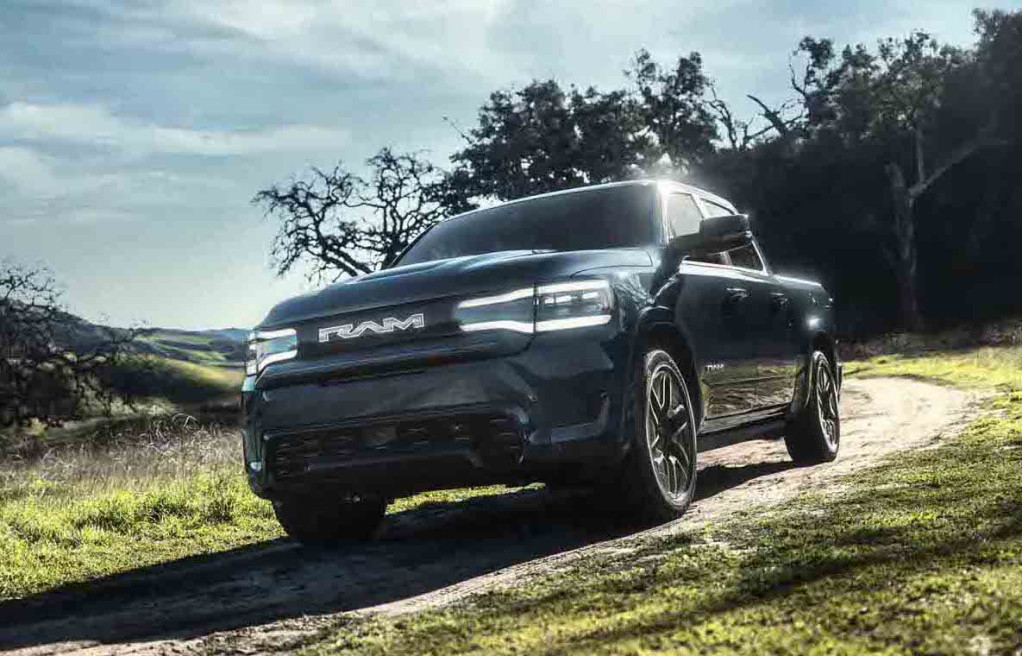Rivian on Tuesday announced that it will follow Ford and General Motors in adopting the Tesla charge port standard, while recent reports indicate Hyundai and Stellantis are considering doing the same.
"Today we signed an agreement with Tesla to adopt the North American Charging Standard," Rivian said in a statement published on Twitter, referring to Tesla's recently introduced brand name for the charge port, abbreviated as NACS. "This opens charging for Rivian vehicles on Tesla's Supercharger network across the United States and Canada. Access starts as soon as Spring 2024."
Rivian didn't go into detail regarding how customers would be granted access to the Supercharger network. Owners of existing vehicles, which have Combined Charging Standard (CCS) connectors, will need an adapter to plug into Supercharger stations. Rivian did not discuss a timeline for adding Tesla ports to future vehicles, or whether it would drop CCS.
Today we signed an agreement with @Tesla to adopt the North American Charging Standard. This opens charging for Rivian vehicles on Tesla's Supercharger network across the United States and Canada. Access starts as soon as Spring 2024. https://t.co/Z5SBOFytgy pic.twitter.com/fWOMNtpkYs
— Rivian (@Rivian) June 20, 2023
Rivian in 2021 announced plans for a network of at least 3,500 DC fast chargers at more than 600 sites by the end of 2023, plus more than 10,000 Level 2 charging connectors. Primarily located away from major highways and near locations for outdoor activities, it's shaping up to be a backcountry counterpart to the Supercharger network. But Tesla compatibility will give Rivian owners more charging options closer to civilization.
Hyundai, too, will consider interoperability with the Tesla charge port, Automotive News reported Tuesday. But CEO Jaehoon Chang said the company will have to determine what is in the best interest of its customers, according to the report.
One concern is that Hyundai EVs won't be able to charge at their maximum power rate on Tesla's Supercharger network. Many newer Hyundai EVs feature an 800-volt electrical architecture that allows for charging at higher power rates at certain CCS stations. Chang is reportedly looking to discuss the matter with Tesla.

2023 Hyundai Ioniq 6
This follows confirmation from Stellantis last week that the automaker was considering use of the Tesla charge port for possible use in future EVs.
"We continue to evaluate the NACS standard and look forward to discussing more in the future," the automaker said in a statement to Reuters.
After years of competing charging standards, the momentum appeared to shift to Tesla after Ford last month announced that it would integrate Tesla's charging interface beginning with its next-generation EVs in 2025, and eventually abandon CCS in the U.S. completely. Existing Ford EVs with CCS connectors will be able to charge at Supercharger stations with an adapter scheduled to enter production next year.

Ram 1500 REV
GM announced earlier this month that it too would adopt the Tesla connector in 2025, while existing EVs will get Supercharger access next year. The automaker also told Green Car Reports that it has no plans to build future vehicles with both Tesla and CCS connectors.
However, these automakers are moving to a standard that's available in fewer locations than CCS. According to Department of Energy data, as of June 2023 there are more charging sites including CCS ports (5,235) than Tesla ports (1,803). And the carrot of federal subsidies could ensure more CCS buildout.
The White House, meanwhile, has said charging stations that use Tesla connectors will qualify for federal funds under the Biden administration's infrastructure law—as long as they include CCS connectors. The law sets aside $7.5 billion to create a national network of 500,000 charging sites, with states having control of $5 billion of the funds.












